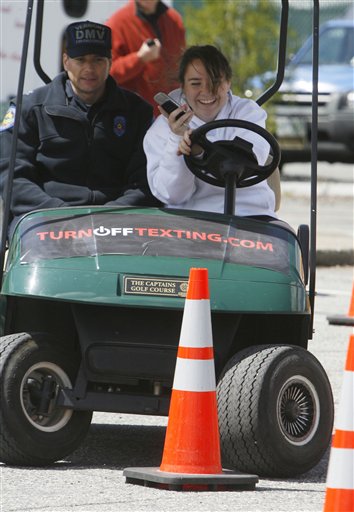Published June 26, 2010

A Ghanaian, Americans and a German for Ghana in 2006. (Curt Nickisch/WBUR)
Curt Nickisch, WBUR’s biztech reporter and Revs season ticket holder, has a prediction for today’s can’t lose USA game against Ghana: USA 2, Ghana 0.
For Curt, the game stirs up bitter memories of the last USA-Ghana World Cup match-up, in 2006.
I was at the last World Cup in Germany when Ghana knocked the Yanks out, winning 2-1. The first half in Nuremberg was thrilling, with New England Revolution star Clint Dempsey tying the game when he rocked the ball into the net at my end of the stadium. Those were some of the most intense seconds I’ve ever experienced.
I waited in vain during the second half, for Ghana had retaken the lead on a more-than-questionable penalty, and a frustrated U.S. team seemingly meekly tried to score again. Their World Cup was over.
Here’s why Curt thinks it’ll be different this time: A different U.S. team, a different Ghanaian team, a stronger U.S. goalkeeper and the insatiable quest for revenge. Read Curt’s blog post for the full rundown, where you can also hear his report Saturday morning for the BBC World Service.
Meanwhile, check out this story pitch we received from someone at Global Leadership Adventures about how a Boston kid helped, well, level the playing field for Ghanaians:
We have a student in the Boston area who was part of a group that traveled to Ghana last summer and volunteered in a local school (1st-8th grade). When the GLA students asked the school what they needed in terms of support, the school requested they build a soccer pitch (field) which they did! They had a budget of $200 but managed to level the field by clearing tress. They purchased soccer balls and at the end of the project played a game with the school.
If you need a place to watch the game, Bostonist has a great roundup of football-friendly bars and pubs. Game time is 2:30 p.m. Eastern, ABC.




